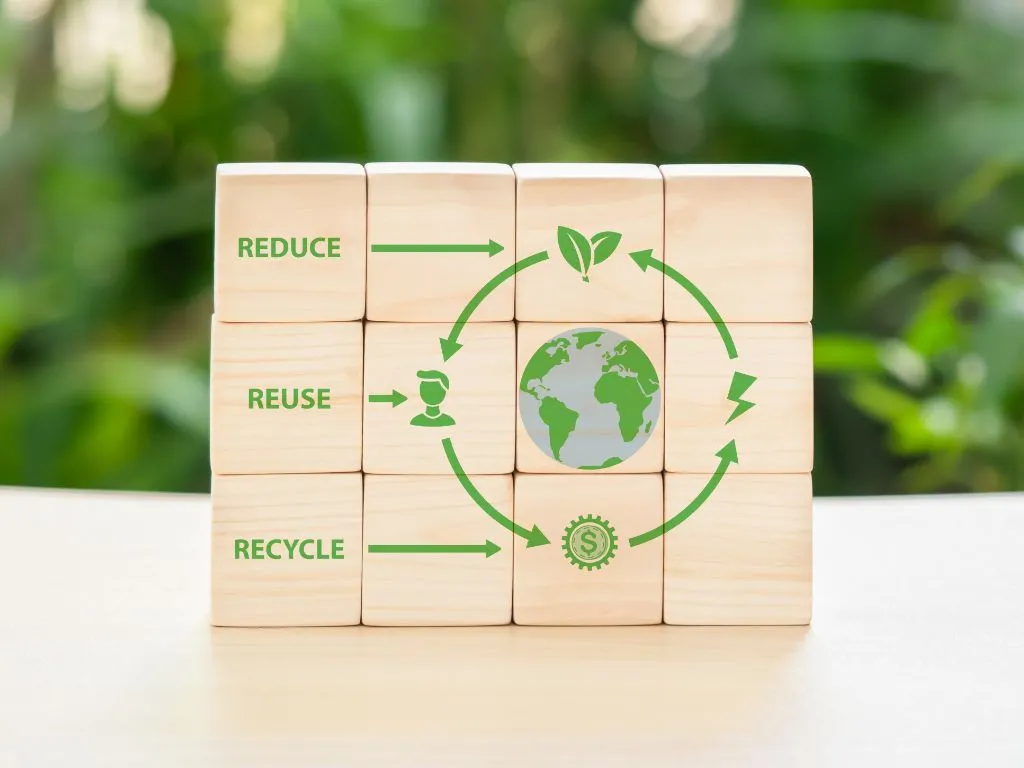- Home
- News Details
News Details

UK Circular Economy Strategy to Prioritise Chemicals and Plastics Sector
2025-04-01 Reference source : UK Government
UK Circular Economy Plastics Recycling Chemical Recycling Waste Reduction Circular Economy Strategy Circular Economy Taskforce Environmental Policy UK
UK Environment Secretary Steve Reed has announced a national shift toward a circular economy, placing chemicals and plastics at the heart of the government’s strategy to reduce waste, improve resource efficiency, and drive green investment. The announcement was made during a speech on 27 March 2025 in London.
Chemicals and Plastics Among Priority Sectors
The chemicals and plastics sector is one of five priority industries identified for targeted action under the upcoming Circular Economy Strategy, alongside textiles, transport, construction, and agri-food. These sectors have been chosen for their high material use and environmental impact, as well as their potential to benefit from greater circularity.
An independent Circular Economy Taskforce will collaborate with these sectors to develop roadmaps aimed at reducing waste and improving materials management. In the case of chemicals and plastics, this includes encouraging innovation in design, reuse, and recycling.
Support for Chemical Recycling and Infrastructure
The strategy, expected later in 2025, will include long-term regulatory roadmaps designed to stimulate investment in chemical recycling technologies and infrastructure. The government also aims to support domestic processing of recycled plastics, particularly for food-grade use, helping reduce reliance on virgin materials.
Work is already underway to improve verification of recycling processes, including through collaboration with the Food Standards Agency to certify food-grade recycled plastics. These measures are intended to retain the value of recycled materials in both domestic and export markets.
Policy Signals for Industry Engagement
The initiative is part of a broader effort to end the linear, throwaway economy by supporting product redesign, better waste collection, and recycling infrastructure. For the chemicals sector, this translates to stronger policy signals and regulatory stability, creating an environment that encourages the development and scaling of advanced recycling technologies.
The government estimates that circular economy reforms could unlock more than £10 billion in private sector investment. A significant share of this is expected to benefit waste treatment and recycling facilities, including those using chemical processes to recover valuable materials.
We acknowledge that the above information has been compiled from UK Government.
Global Product Compliance (GPC) specializes in Global Regulatory Compliance Solutions across sectors
globally. SSS Europe, a familiar name in chemical regulatory and compliance services now formally belongs
under the umbrella of GPC Holding Sweden.
Since 2008, we have emerged as one of the leading names among Global Regulatory Compliance Service
Providers with Representation services in Europe, Asia and Middle East for respective chemical
regulations.

 Twitter
Twitter
